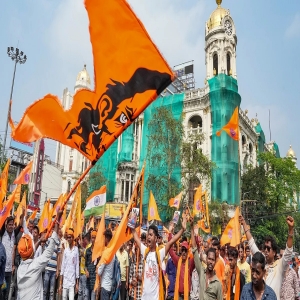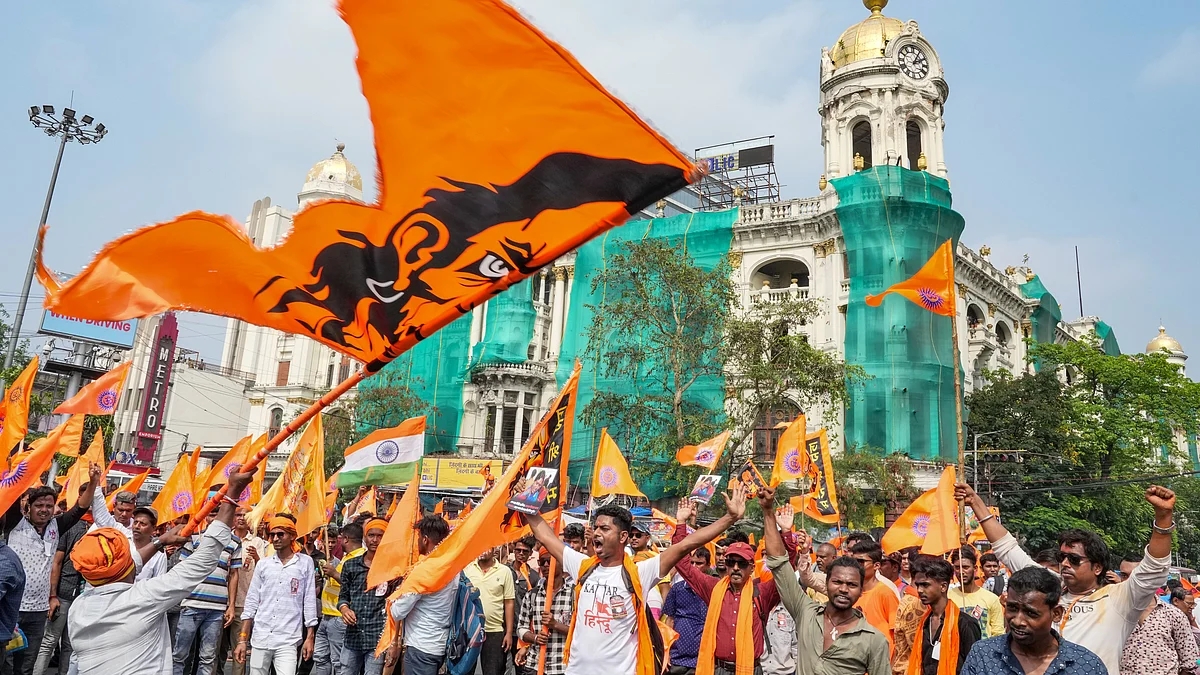

The secret swearing-in of Delhi High Court judge Yashwant Varma at the Allahabad High Court on April 5, by keeping the Allahabad High Court Bar Association and his colleagues in the dark, leads to the inference that the executive and the judiciary have colluded to ensure the image of the latter is not further dented. Consequently, the former Congress law minister, Ashwani Kumar, has sought to replace the opaque collegium system by appointing judges.
Judges are protected under The Judges (Protection) Act, 1985, from being prosecuted or sued in a civil court for their judgments or utterances and behaviour in court, which is as it should be. However, the 46th CJI, Ranjan Gogoi, was accused of sexual harassment by a woman staffer of the Supreme Court. He presided over a bench in his own defence, and after that, the three-judge inquiry panel set up to inquire into the matter refused to allow the woman staffer to appoint an advocate to represent her.
Even terrorists like Ajmal Kasab must be represented by advocates, which was why denying an advocate to this woman staffer who alleged the 48th CJI Ranjan Gogoi sexually harassed her was a gross violation of her fundamental rights. This becomes more heinous given the fact that the judiciary is a state organ which is selected and not elected to uphold our fundamental rights.
In 1993, the judges devised a collegium system to appoint themselves—a system our founding fathers never envisaged because the word "collegium" is not mentioned in the Constitution. In 1981, the judges first ideated the collegium system, which was fructified in 1993 in what was known as the second judges' case.
However, the collegium system envisaged a cabal of five seniormost judges in the Supreme Court or three erudite judges in the 25 high courts who were infused with wisdom and deified with knowledge of 1.5 million lawyers deciding who would enter the hallowed portals of the judiciary. This system has proved to be a disaster with an activist-advocate, Mathews Nedumpara, alleging that an undefined number of judges elevated from the bar were the kith and kin of former judges.
This system, wherein five judges appointed themselves to insulate their species from the vagaries of politicians, had its own merits and demerits. The foremost being that these decisions were made in secret, allegedly without the other Supreme Court judges being taken into confidence. Justice Chelameswar, who retired in 2018, alleged that the records of collegium meetings were never kept. When judges proved incompetent or corrupt, the name of the judge who proposed the incumbent judge would never be known.
This continued until Justice Jasti Chelameswar put an end to the rot by boycotting the collegium, forcing the 45th CJI, Dipak Misra, to upload the resolutions of the collegium on the official website of the Supreme Court. The 47th CJI, Sharad Bobde, from Nagpur, decided that the people of India, who were the actual custodians of the Constitution, had no right to know the exact reason why a corrupt or incompetent judge was transferred from his parent high court because they would lose faith in such judges.
This is why he decided to dilute what Justice Chelameswar had fought for so the dignity of the judiciary prevailed over the people's right to know. One example is that of Mumbai judge JW Singh, who acquitted two gangsters accused of murder after phoning Chotta Shakeel in Karachi and promised to free his gangsters if the latter recovered Rs 35 lakhs due to the judge.
There have been other cases like the 46th CJI, Ranjan Gogoi, who Justice Markandey Katju accused of "having all the vices" a man could have. He presided over the bench that set up a probe panel which later exonerated him of sexually harassing a woman employee of the Supreme Court. After being exonerated, he went on to accept a Rajya Sabha nomination from the government but projected himself as a saint by refusing to accept his MP's salary. The woman staffer was reinstated.
Journalist Neelu Vyas has interviewed advocate-activist Mehmood Pracha, who has alleged that Vice President Jagdeep Dhankar, who is himself a senior advocate of the Supreme Court, has been influenced by Jairam Ramesh, whom Pracha has described as "a BJP-RSS stooge foisted on the Congress."
The point is that Pracha has alleged the government will try to re-enact the National Judicial Commissions Act in a different avatar because the executive can never leave the judiciary untouched. After the executive has a say in appointing judges, judicial independence, like the freedom of the press, becomes chimerical because the judiciary does not have an enforcing mechanism to enforce its own judgments. It has to rely upon the police, which is under the executive at both the state and central levels.
The judiciary has never succeeded in insulating itself from the executive. Its independence will be seen when it upholds or strikes down the Waqf (Amendment) Act, 2025, after the AIMIM MP, Osaduddin Owaisi and others have alleged it is unconstitutional and filed petitions in the Supreme Court challenging its validity. Critics of the government allege that in line with the RSS ideology, the Christians will be targeted after the Muslims. Advocate Mehmood Praha agrees with this view.
True to this opinion, the RSS mouthpiece, Organiser, posted an article comparing the land owned by the Catholic Church with that of the Waqf Boards. The Organiser alleged the Catholic Church owned more land than the Waqf Barods. The Organiser was forced to remove the article after the Leader of the Opposition, Rahul Gandhi, alleged the Christian community would be the next target after the Muslims.
The outbreak of violence in Murshidabad district in West Bengal over the coming into force of the Waqf (Amendment) Act 2025 has resulted in the ruling dispensation alleging that Chief Minister Mamata Banerjee has appeased the Muslims. Protests broke out in Manipur's Imphal (East) and Bishnupur districts. Like the farmers' protests, this movement seems to be gathering momentum over government interference with what is perceived as Muslim personal law.
Like the farmers' protests and the flood of petitions challenging the Places of Worship (Special Provisions) Act, 1991, the Waqf Amendment Act is seen as a majoritarian attempt to browbeat the minorities into submission. John Kennedy declared that majority rule is that all the fools are on the same side.
If we allow the politicians to appoint our judges, we will be ruled by zealots so that India, now known as Bharat, turns into a theocracy disguised as a democracy.